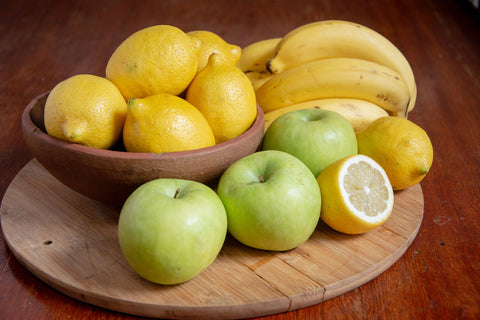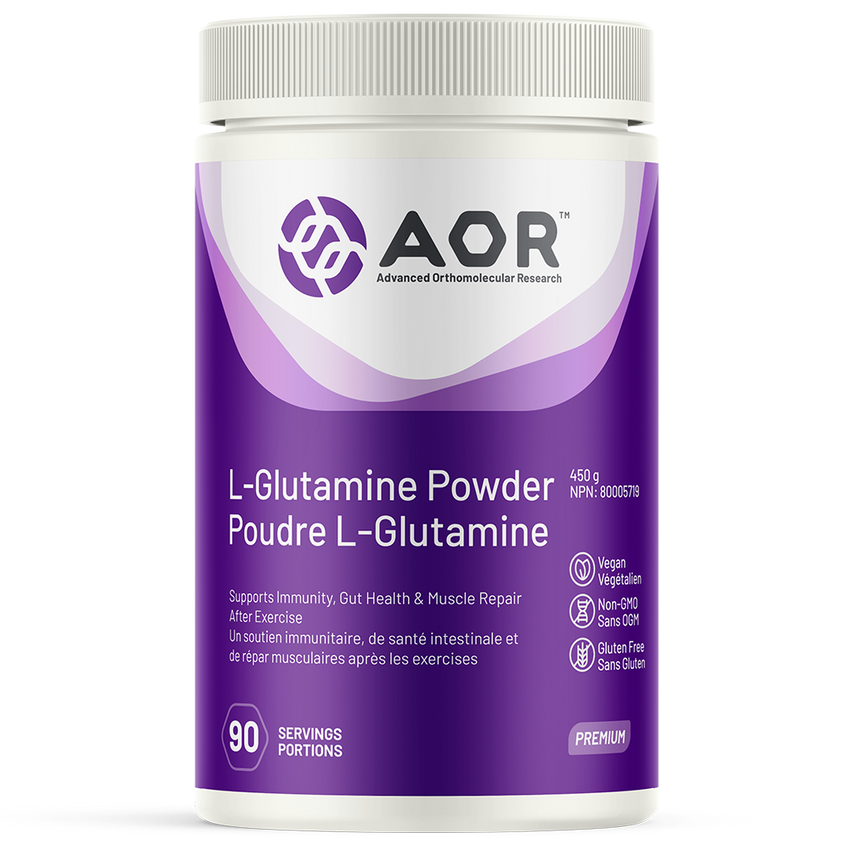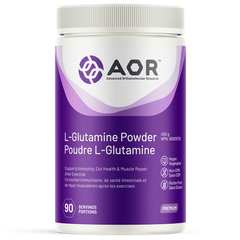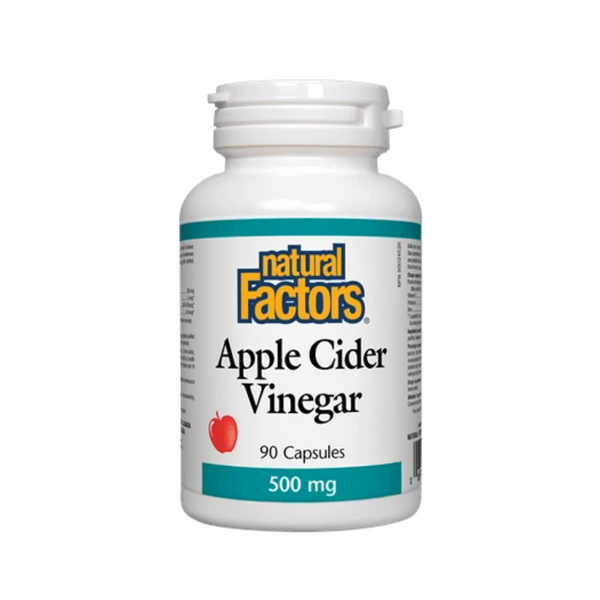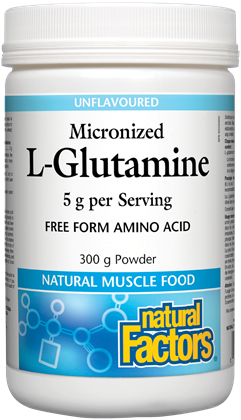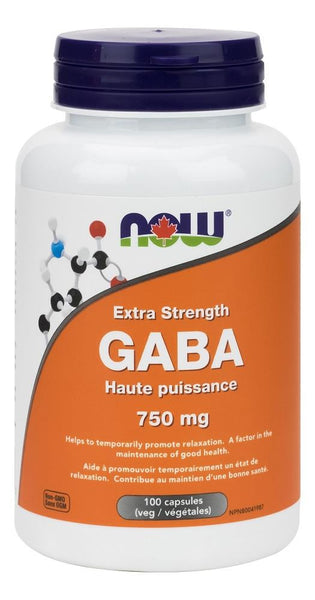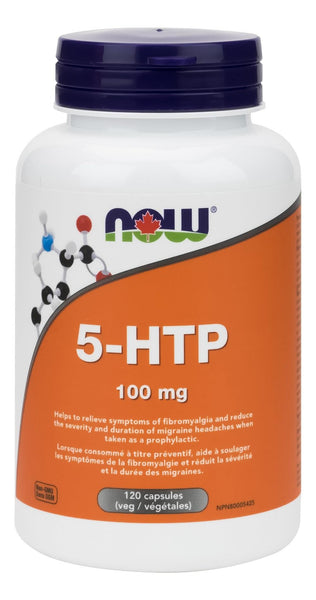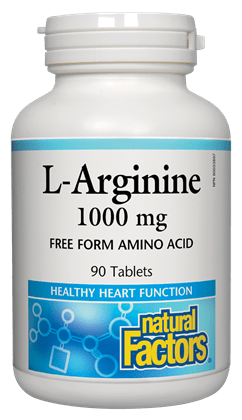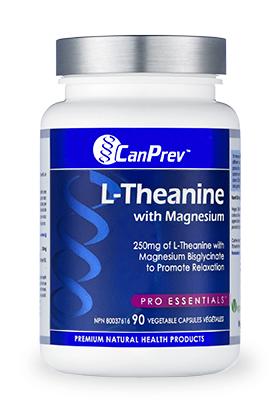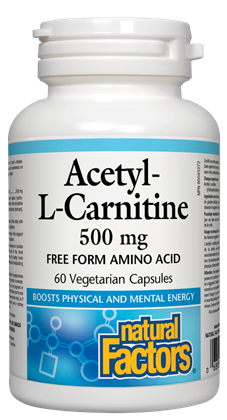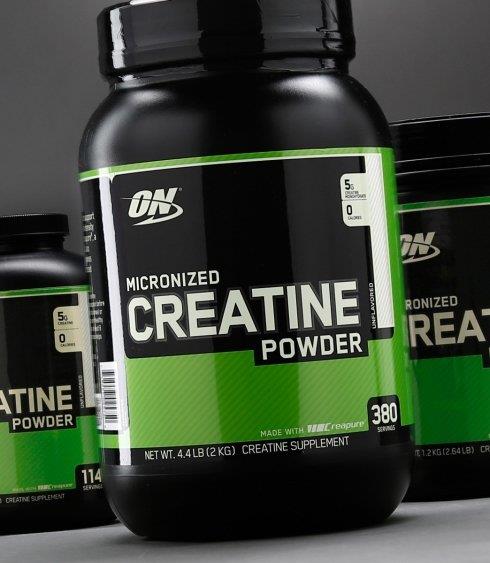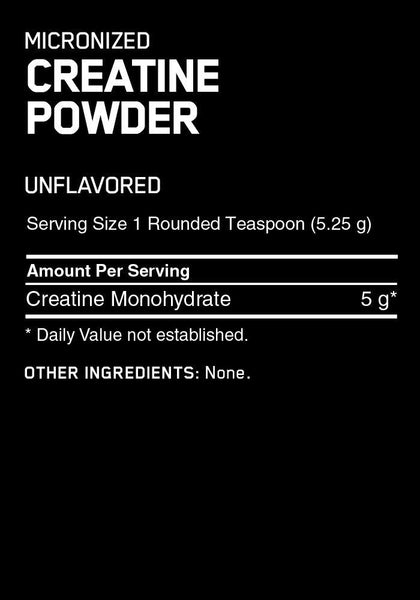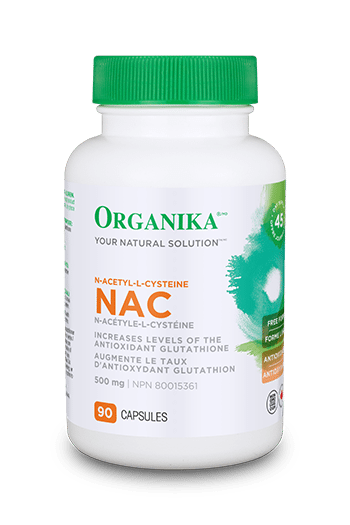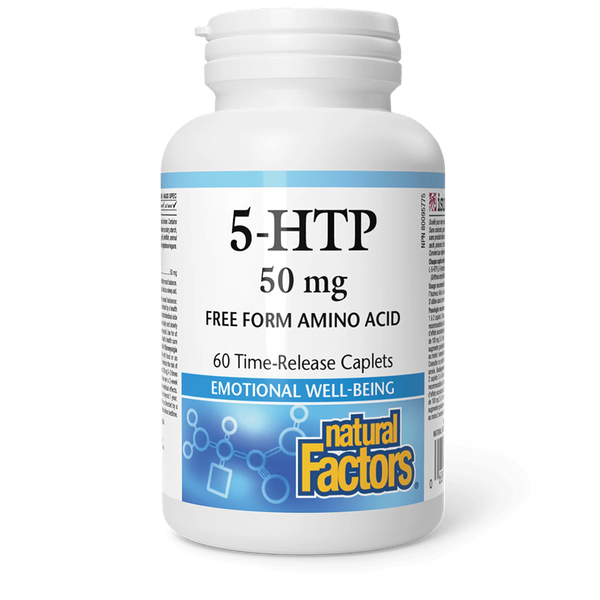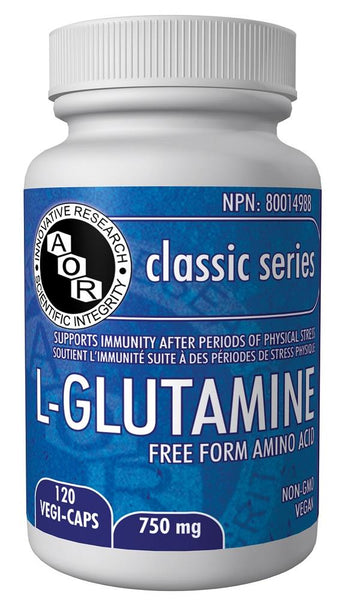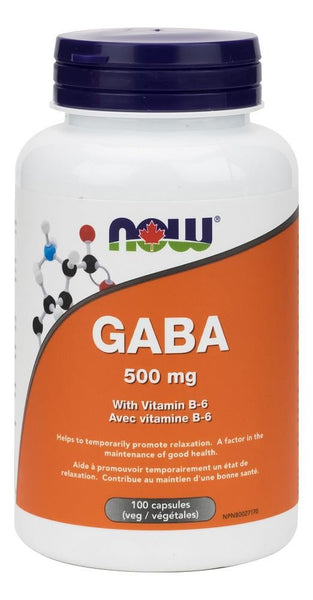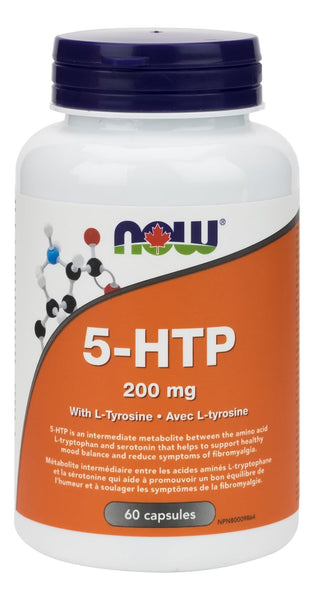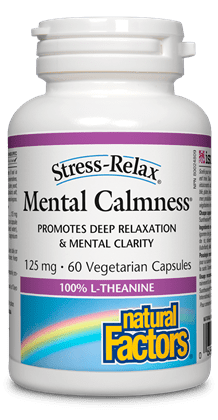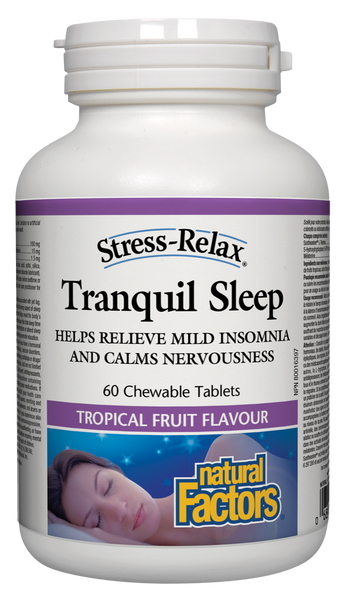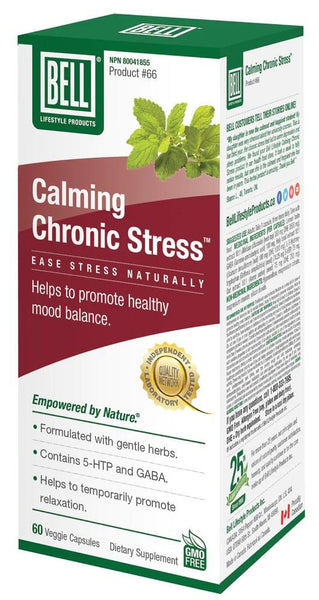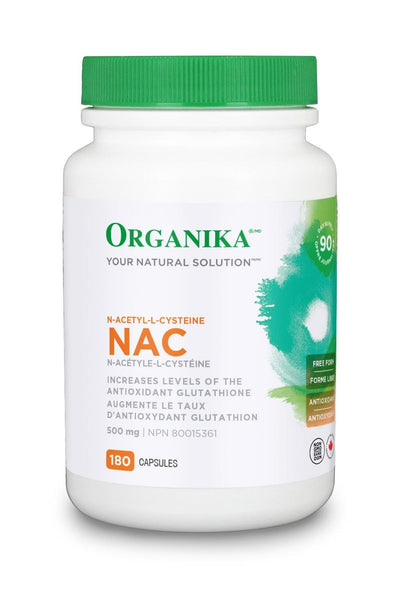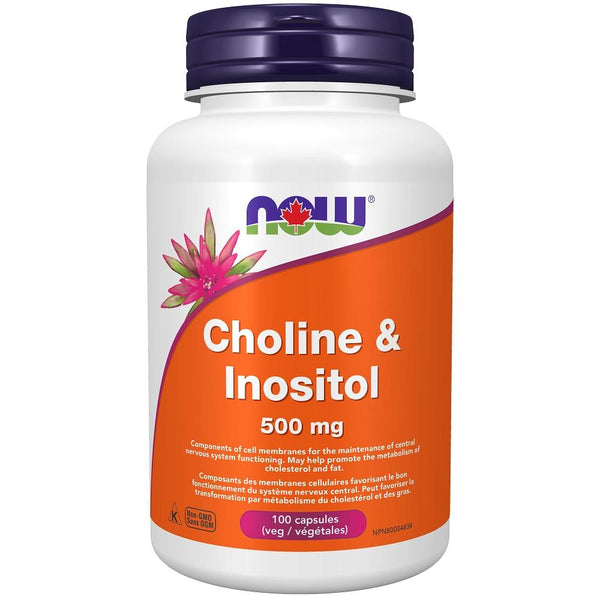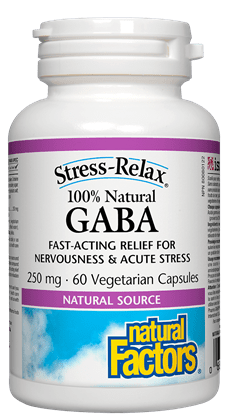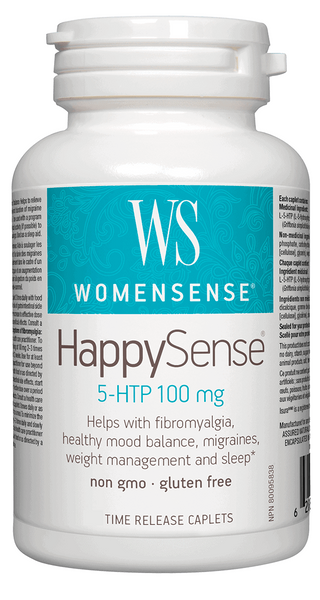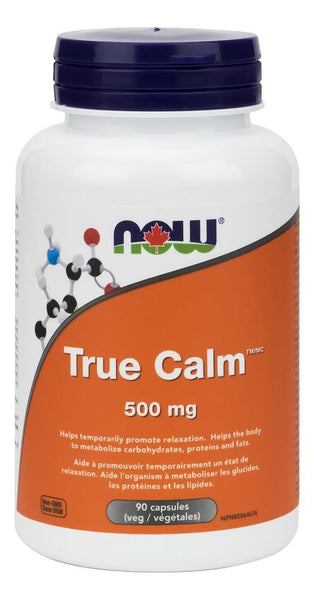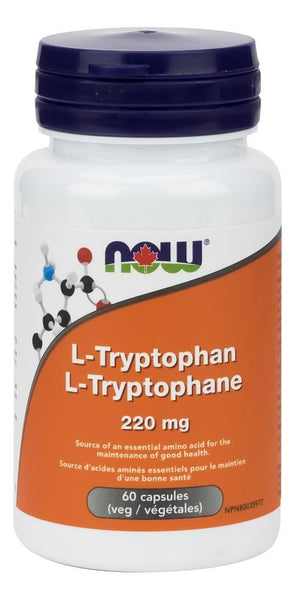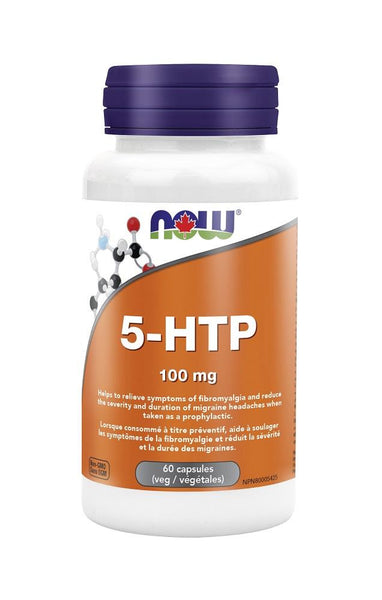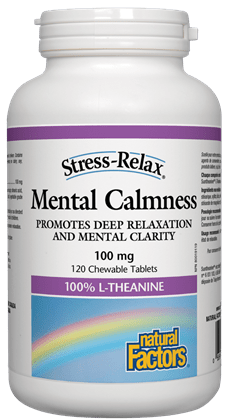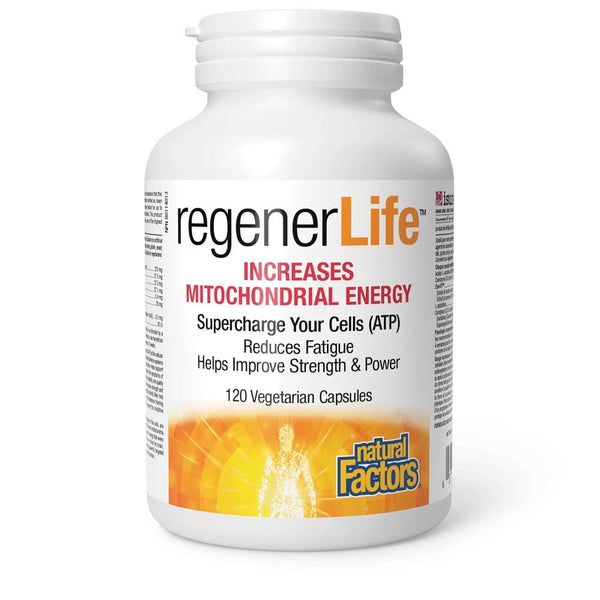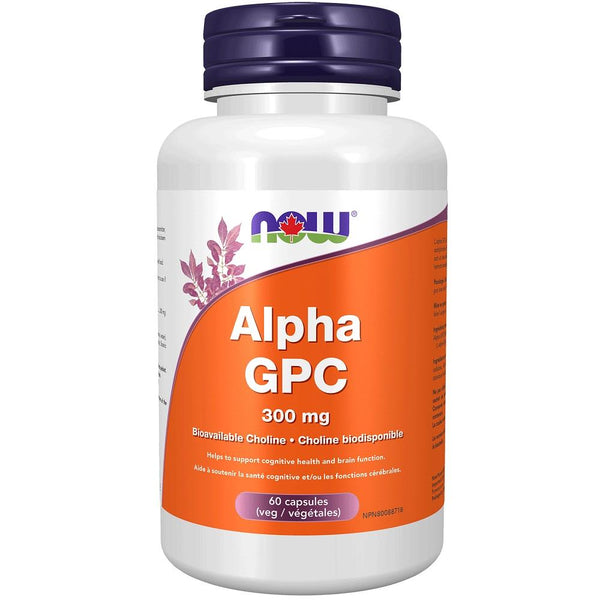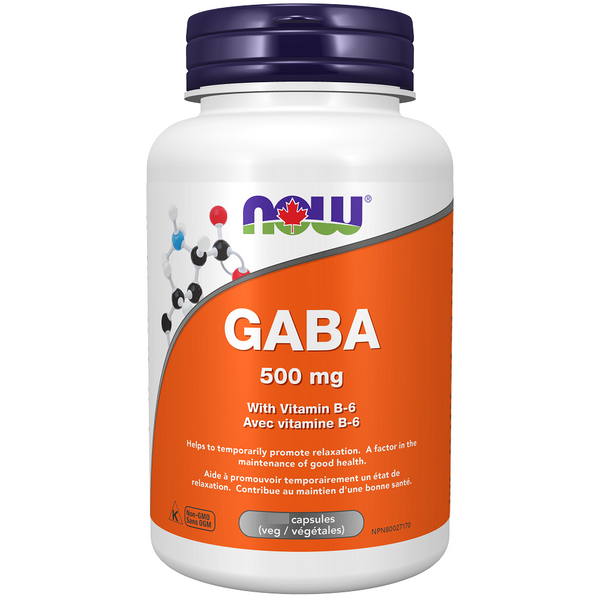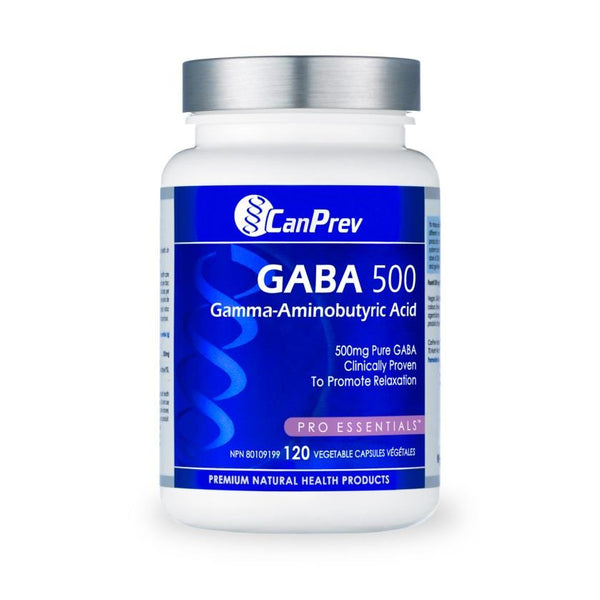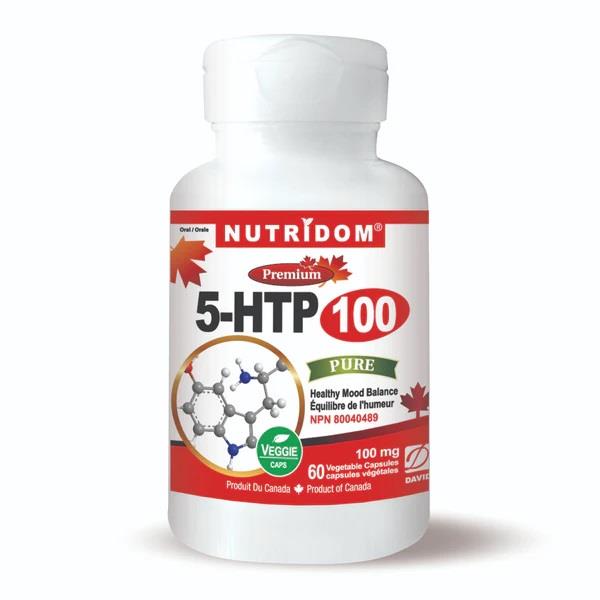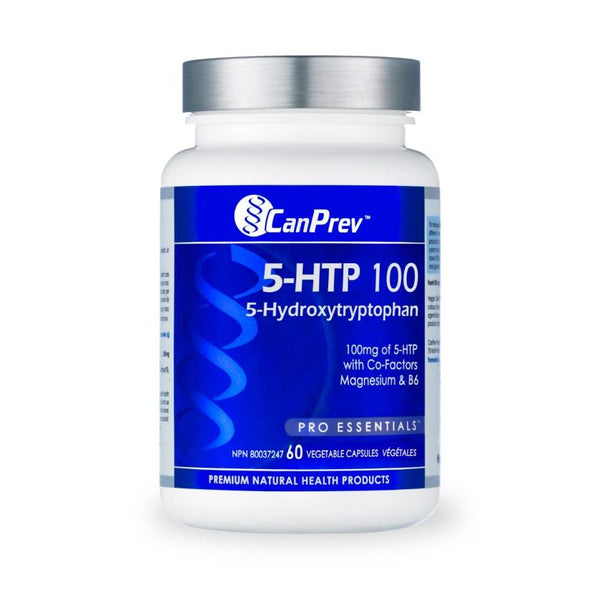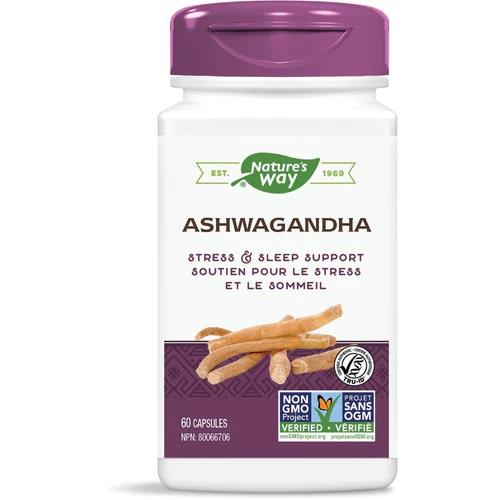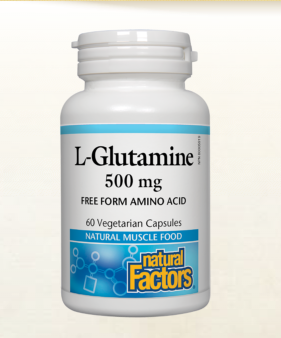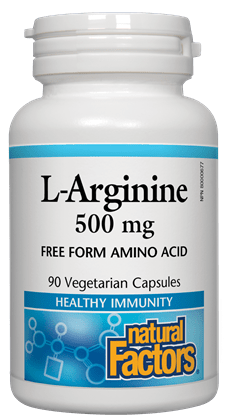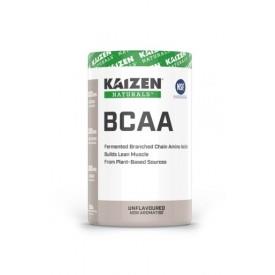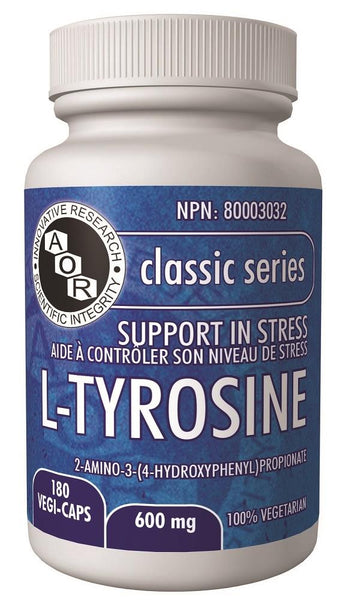AOR L-Glutamine Powder 454G
AOR L-Glutamine Powder
Supports Immunity, Gut Health & Muscle Repair After Exercise
An amino acid that is vital in stress and illness
Helps heal the gut lining
Essential for muscle building, preserving nitrogen balance and immunity
Available in both capsule and powder form in an effective dosage
Corn Free, Gluten Free, Non-GMO, Soy Free, Vegan
Details
L-Glutamine is one of the 20 fundamental amino acids involved in protein synthesis; it is also the most abundant, forming approximately one fifth of the amino acid pool in the human bloodstream. Glutamine is critical for a wide variety of essential functions, including optimal operation of the kidneys, pancreas, gall bladder, liver, the small and large intestines, and the brain. However it is best known for boosting immunity, helping to heal the gut lining, and enhancing muscle growth.
L-Glutamine’s importance toward good immunity is known to be two-fold: it directly supports the immune system during times of stress through its ability to help produce glutathione, the body’s most powerful antioxidant. It also indirectly supports immunity by reducing intestinal permeability or “leaky gut”, inhibiting undigested particles from accessing the bloodstream, which can trigger an immune response. L-Glutamine stimulates the production of human growth hormone (hGH), which is essential for building muscle and maintaining youthful cellular function. Since L-glutamine is depleted by intense exercise, it is an important component of sports nutrition.
Those who are under undue stress, suffer from leaky gut or have weakened immunity may benefit from L-glutamine; as well as those seeking to increase their muscle mass and improve exercise recovery.
Label Information
NPN
80005719
Discussion
L-Glutamine helps support immune and digestive system health after periods of physical stress. It is stored in the muscle and released during a trauma or illness, such as “leaky gut”. L-Glutamine also assists in muscle cell repair after exercise. L- Glutamine is hypoallergenic.
Guarantee
AOR™ guarantees that all ingredients have been declared on the label. Contains no wheat, gluten, corn, nuts, peanuts, sesame seeds, sulphites, mustard, soy, dairy, eggs, fish, shellfish or any animal byproduct.
Adult Dosage
Take 5 grams (approx. 1 teaspoon) in water per day on an empty stomach, or as directed by a qualified health care practitioner.
Cautions
Consult a health care practitioner prior to use if you are following a low protein diet or if you are pregnant or breastfeeding.
Main Applications
Leaky gut
Immune function
Cellular growth & differentiation
Anabolic activity
Alcohol craving
Muscular recovery
Disclaimer
The information and product descriptions appearing on this website are for information purposes only, and are not intended to provide or replace medical advice to individuals from a qualified health care professional. Consult with your physician if you have any health concerns, and before initiating any new diet, exercise, supplement, or other lifestyle changes.
Supplement Facts
Serving Size: 5 g (approx. 1 tsp)
Amount Per Serving
% Daily Value
L-Glutamine
5000 mg
+
Non-medical Ingredients: none
Research Facts
Supporting the Digestive System
Recent clinical trials have attempted to assess the significance of adding glutamine to enteral amino acid formulations in hospitals, and the results have been impressively widespread. Enteral diets enriched with glutamine were well-tolerated and alleviated many of the immunological aspects of multiple trauma patients as well as mitigating the extent of mucositis in post-chemotherapy patients.
Studies among laboratory rats have revealed that the intestinal tract and other portal-drained viscera account for approximately 40% of all the glutamine utilized by the whole body. The vast majority of this glutamine is consumed by the epithelial cells which convert it into energy for use by the mucosa, the lining of the small intestine. This importance of glutamine to the intestinal tract (and by extension to glucose metabolism) was only discovered in the last twenty years. This holds important implications for hospital patients placed on enteral nutritional support. For patients with intestinal tract difficulties, this is when a percutaneous endoscopic jejunostomy (PEJ) tube is inserted into the small intestine to provide nutritional support.
Growth Hormone and Athletic Health
The importance of growth hormone in overall health and vitality has been well-established for decades. However, obtaining and administering growth hormone from either human or bovine sources (the two most common forms) comes with high costs and inherent risks. This has led to a search for natural growth hormone enhancers, many of whom are amino acids, and one of the most effective and efficient of these is glutamine.
In fact, a recent study demonstrated that even a relatively modest two gram dose of glutamine (orally administered) can illicit a growth hormone level increase of 19% after 30 minutes of ingestion, a rate sustained at 12% after 60 minutes of ingestion. Elevated levels of growth hormone have also been linked to physical activity and exercise, and supplemental glutamine has gained a very firm foothold in the discipline of the latter. The fact of the matter is that according to the latest studies in exercise physiology, resistance training (which coincidentally is the only type of exercise known to markedly raise growth hormone levels) has a similar effect on endogenous glutamine reserves as sepsis. The skeletal muscle amino acid pool, 60% of which is normally comprised of glutamine, begins to jettison its all-important glutamine reserve to feed the gluttonous liver. The homeostasis between the tissues that produce and release glutamine and those that depend on it has once again been disturbed. Some studies have indicated as much as a 50% drop in plasma glutamine levels after a single bout of resistance training exercise, requiring more than 24 hours to recover to pre-exercise levels. In 1996, biochemists at both the departments of Microbiology and Human Movement at the University of Western Australia suggested that glutamine is a ‘conditionally essential’ amino acid and may need to be supplemented in the diet in certain stress situations.


